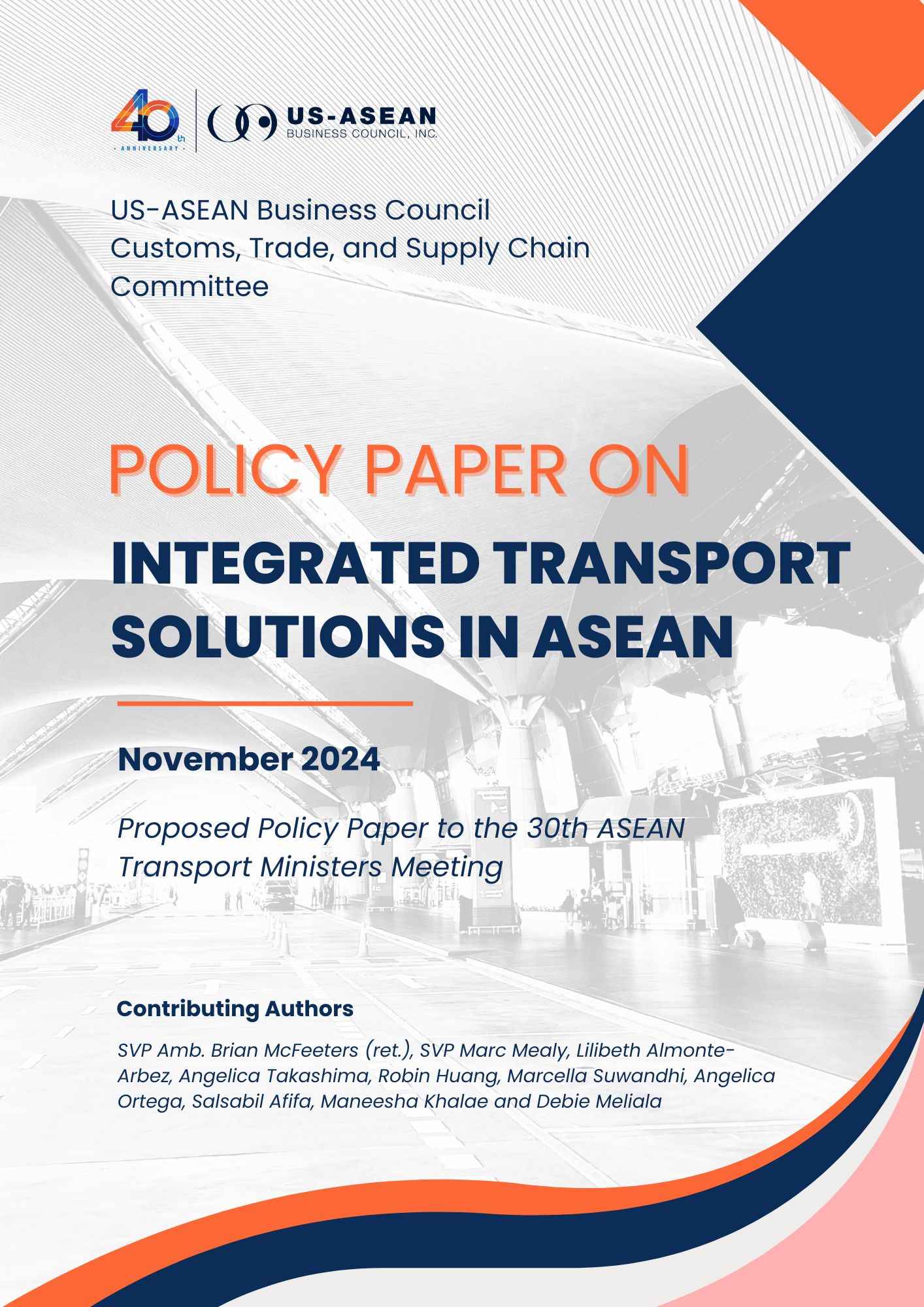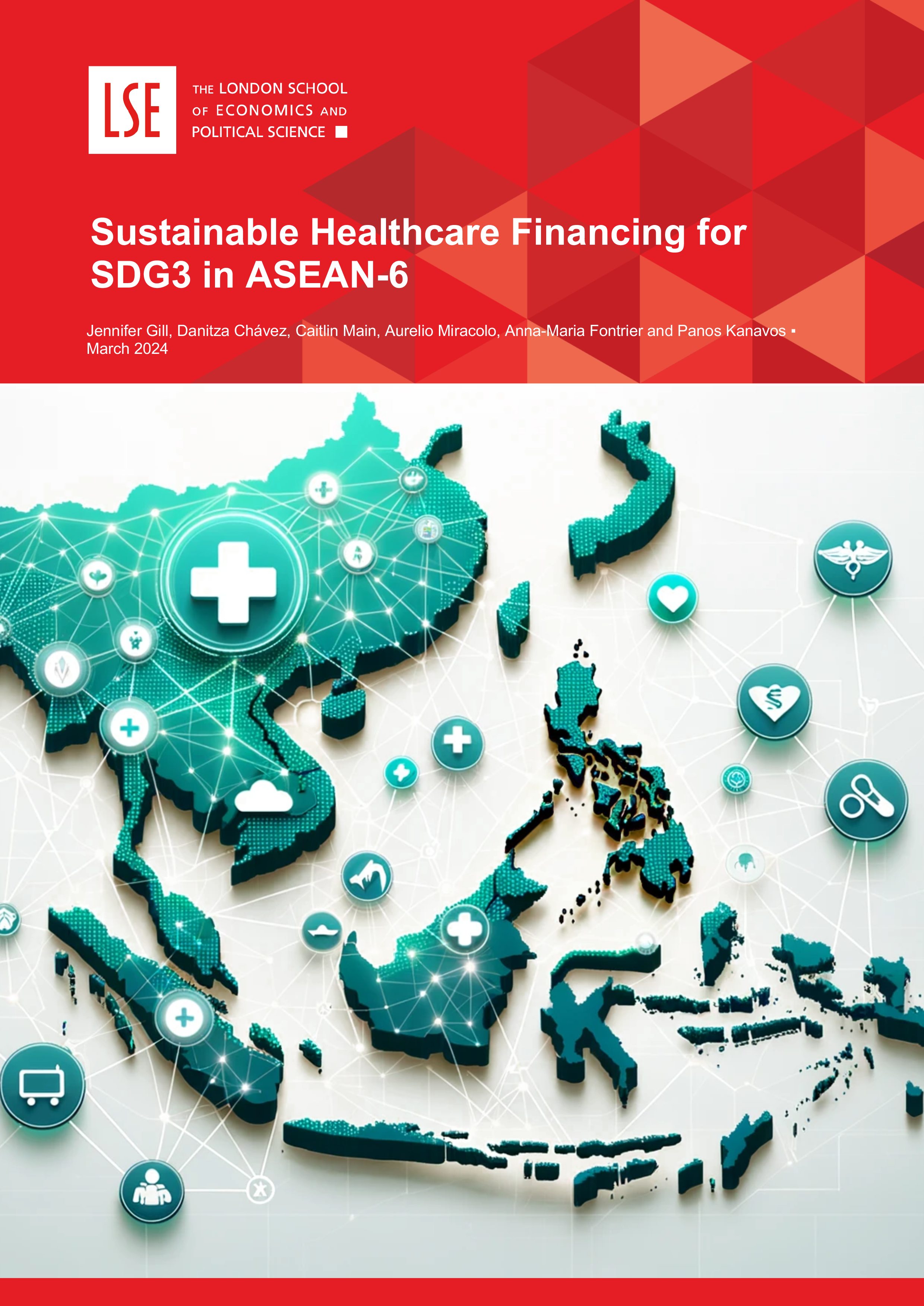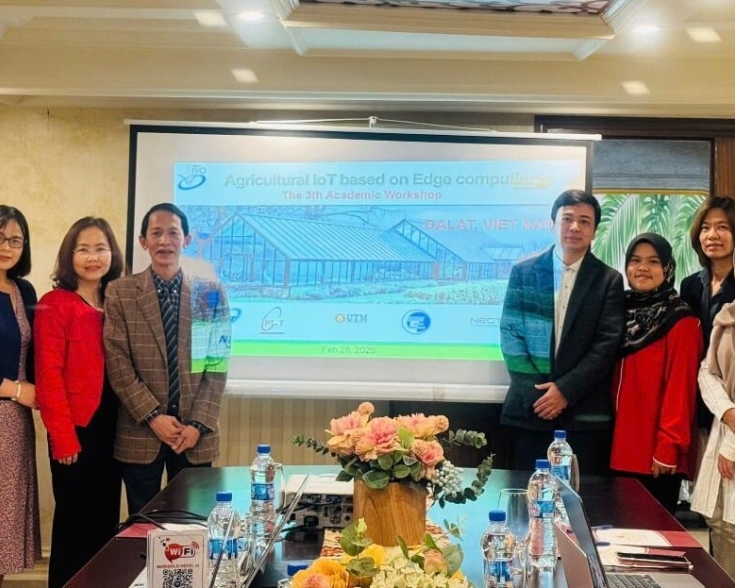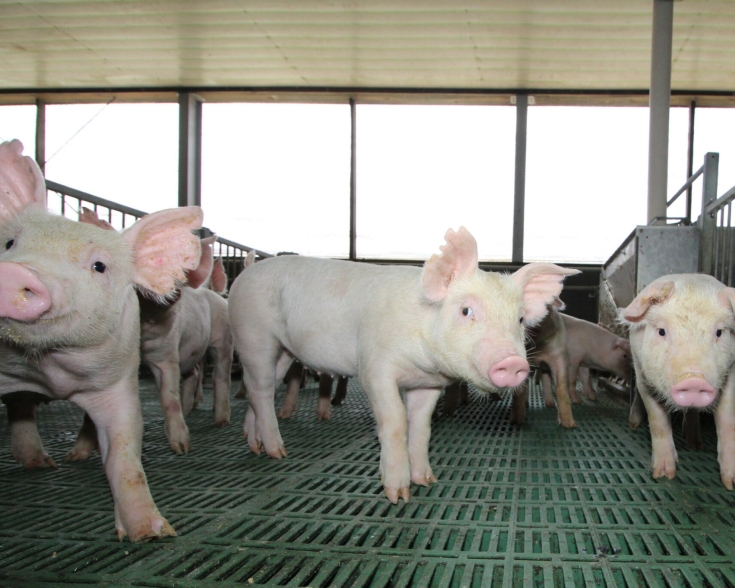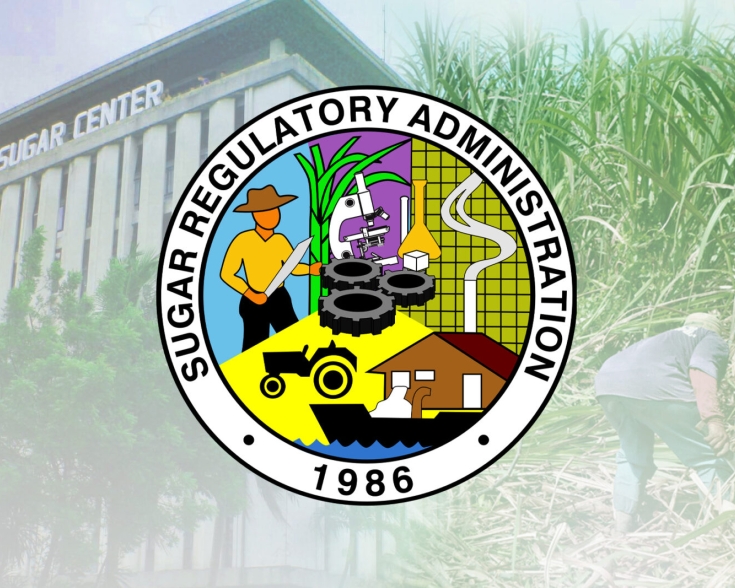Rice Issues in ASEAN
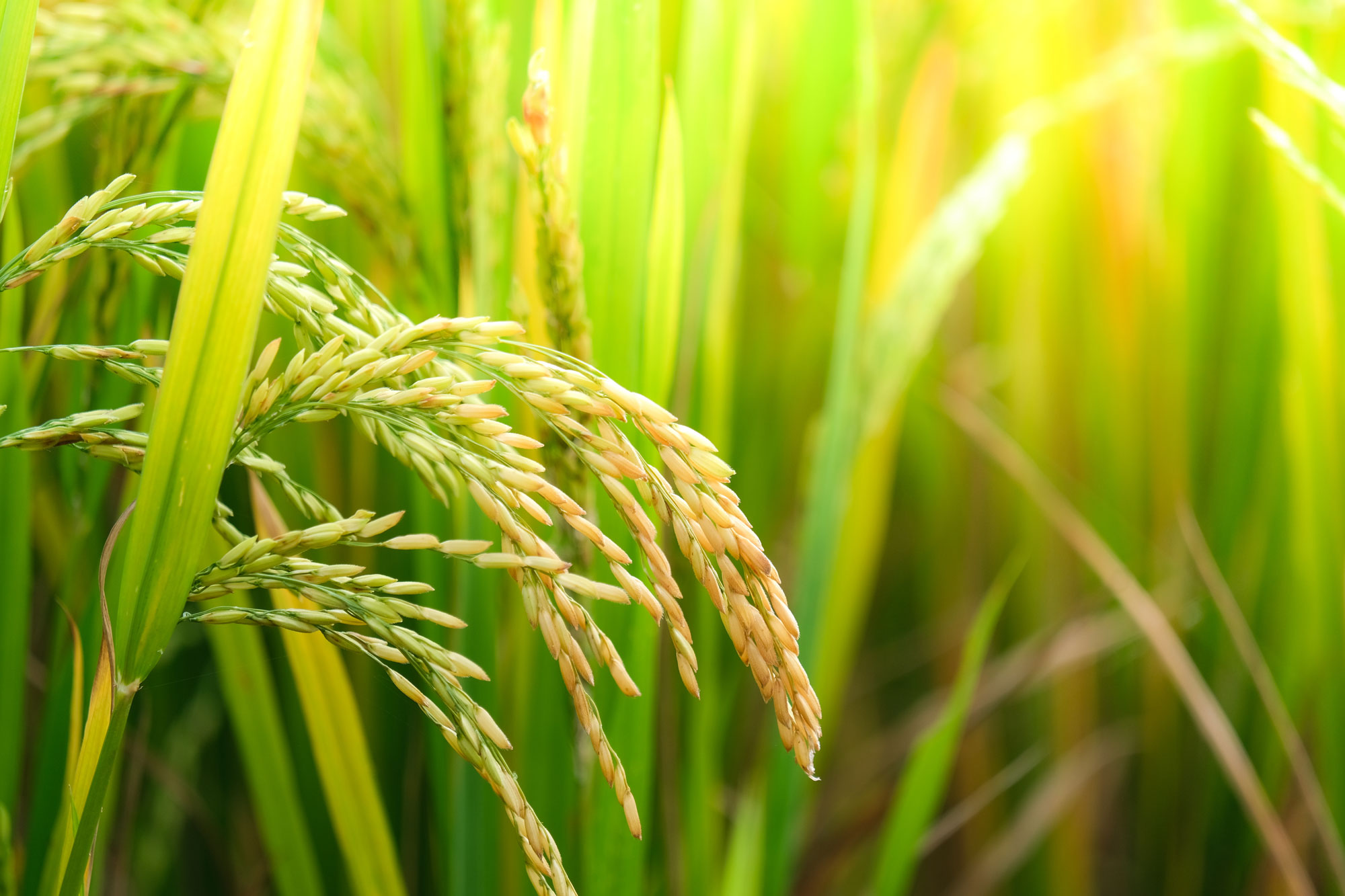
The El Niño weather pattern poses a significant threat to rice production across ASEAN member states. Dry planting conditions and shrinking reservoirs are expected to reduce early 2024 yields, further limiting supplies and spurring food price inflation in ASEAN. India’s rice export restrictions, likely to be emplaced until at least a general election in April or May, have led to a flurry of deals and diplomacy, and a surge in prices in Southeast Asia. ASEAN member states remain committed to supporting each other in overcoming rice supply shortages and other food-related problems. Malaysia’s Agriculture and Food Security Minister Mohamad Sabu recently stated, “ASEAN collaboration means if we face rice issues, ASEAN member countries will give priority to ASEAN nations first.” Thailand and Vietnam are anticipated to play a crucial role in global rice deliveries, making trade prices sensitive to weather conditions in either market.
The extremely dry conditions in Indonesia have significantly reduced soil moisture and delayed rice planting. Indonesia’s water supply for the 2024 dry-season crops has also decreased in recent months, causing farmers to grapple with the impact of a drought that fueled higher rice inflation since late 2023. In response to these challenges, Indonesia’s Agriculture Minister Amran Sulaiman signed an MOU to involve military personnel helping in farming and utilizing idle military land for planting. This initiative aims to boost Indonesia’s rice output to 32 million tons in 2024, which will likely decrease Indonesia’s rice imports. This may pose consequences for Indonesia’s top rice import source, Thailand. As domestic rice supply is set to increase in the coming year, a reduction in international rice purchases is likely.
With global demand for rice easing, Thailand’s rice exports are expected to decline by 15% in 2024. Thailand’s declining rice production and fluctuating baht compromise its competitiveness against key rice exporter, Vietnam. Farmers in Vietnam’s Mekong Delta initiated the harvesting of their new crop early to alleviate some supply concerns. However, Vietnam’s Plant Production Department estimates Vietnam’s rice paddy production from the delta during the upcoming season could drop by 20,000 tons from a year earlier to about 10.7 million tons.




